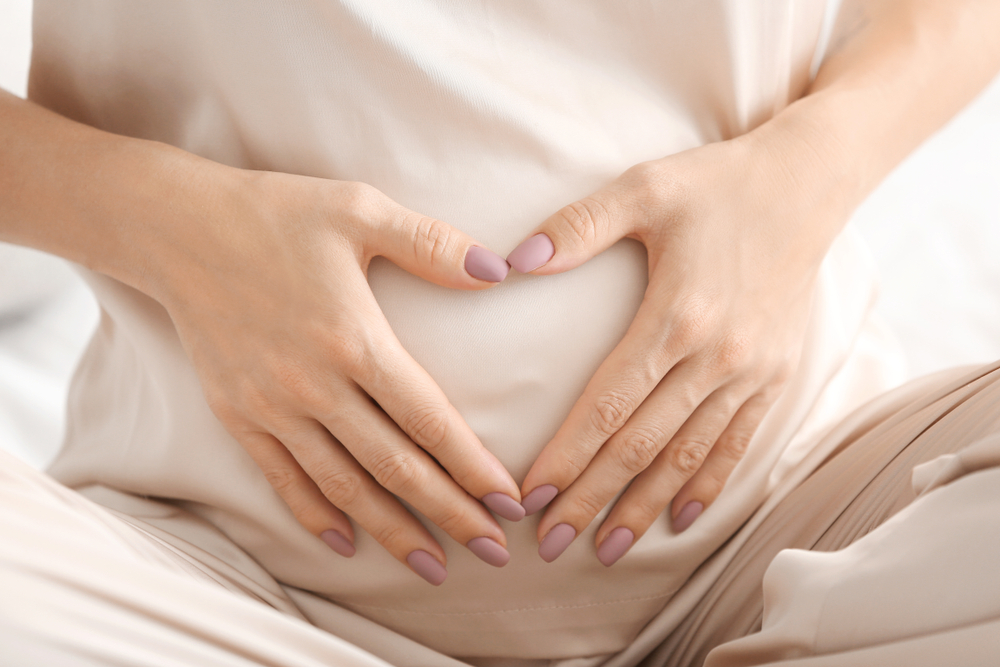An ectopic pregnancy can be a daunting prospect for expectant mothers but knowing the facts will make you prepared if it does happen.
According to the NHS, 1 in 90 pregnancies is ectopic. To be aware of and to know the symptoms and what to do if your pregnancy does result of an ectopic pregnancy is important, and this brief guide will cover some of what can happen next.
What to look out for
An ectopic pregnancy is a pregnancy that occurs in the fallopian tube, but it can also occur elsewhere in the body. The embryo will not be able to survive in these areas and an ectopic pregnancy can be life-threatening if left unmonitored or untreated.
Most pregnant people who may be having an ectopic pregnancy may not have any symptoms at all, and the ectopic pregnancy would only be identified in a routine pregnancy scan. If a person does have symptoms from the ectopic, these usually develop between the 4th and 12th week of your pregnancy.
Symptoms may include:
- Brown discharge or vaginal bleeding
- Abdominal pain on one side of the body
- And surprisingly, shoulder tip pain
In more extreme and emergency situations, people with ectopic pregnancies can also experience severe pain in their abdomen and heavy bleeding. This could be due to the fallopian tube rupturing.
How an ectopic pregnancy happens
In literal terms an ectopic pregnancy is a tubal one. A fertilised egg is essentially stuck on its path to the uterus which can be due to inflammation or a misshapen fallopian tube.
There are risks associated with an ectopic pregnancy. For example, if you’re a smoker, you’re more likely to have an ectopic pregnancy. Inflammation from transmitted diseases or treatment around your fallopian tubes can also cause an ectopic pregnancy to occur.
What happens next
An ectopic pregnancy may rupture your fallopian tube, potentially a life-threatening incident if left untreated. There’s no sure way of preventing an ectopic pregnancy either, but there are a few ways that the risk can be decreased, such as not smoking and avoiding exposure to pelvic inflammatory disease.
Unfortunately, there is no chance that the fertilised egg will survive within the fallopian tube, or anywhere else in the body aside from the uterus. The fertilised egg will have to be removed naturally or through using either medication or a surgical procedure, depending on how the ectopic pregnancy is developing.
Couples and expectant mothers can receive counselling and support during this time, as losing a child is a deep and intimate moment in one’s life. It’s important that the loss is recognised and that you’re given enough time to grieve. Consult with your doctor or a local support group during this time.
It’s entirely possible to conceive again and carry a baby through to term after an ectopic pregnancy if your fallopian tubes have not been damaged too much. Your chances of another ectopic pregnancy are raised, however, so you should regularly consult with your GP about your intentions. IVF treatment may also be an option , the only one, indeed, if your fallopian tubes have been removed or are not viable, as the embryos are implanted directly to the uterus. Regular blood tests and ultrasounds are also recommended to protect the safety of your baby if you feel you may be at risk of an ectopic pregnancy.

